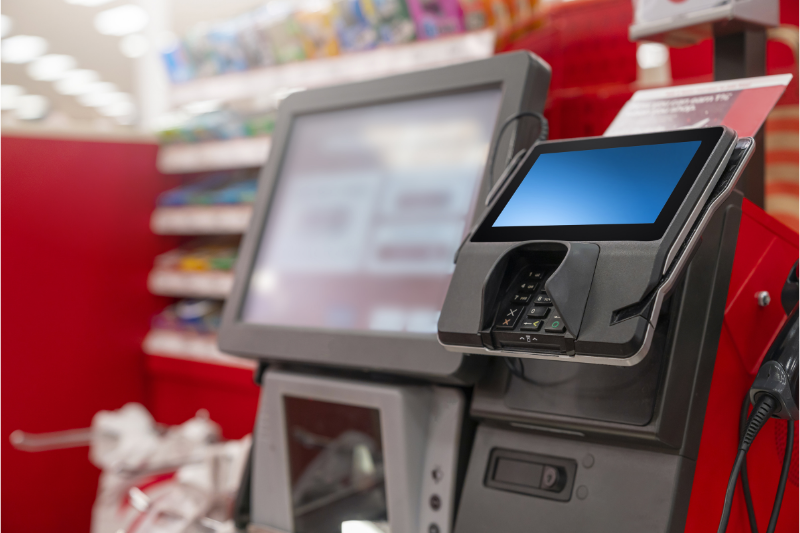
A point of sale (POS) data breach is when cybercriminals target your POS systems to extract the sensitive information that they process. Every day, your POS will manage hundreds, if not thousands, of customer payments.
These sophisticated systems record a large volume of your customers’ data, everything from minor information like the time and date of a sale, to sensitive banking details. So, it’s easy to understand how a POS data breach can have a serious impact on your business and your customers.
Cybercriminals are known to conduct attacks on POS systems across retailers, restaurants, grocery stores, and hotels. And a POS data breach can happen in any business, regardless of size or industry. For example, the American retail giant, Home Depot, suffered a malware attack on their point of sale systems in 2014, resulting in costs of $17.5 million to settle the impact it had on its customers.
Small and medium-sized businesses can be affected too. If your POS system is simpler for criminals to access, lacks security, or isn’t compliant with the latest industry data regulations – you’ll be an even easier target.
This is because POS systems run on common computer operating systems, like Windows, so are vulnerable to the same types of threats as a normal computer. If your customers’ credit card data are stored unencrypted on a computer, it’s easy for thieves to take advantage of this security gap with malware.
Your employees might unknowingly download malware while surfing the web or access phishing emails, links, and attachments. Or attackers can target your corporate networks and send unsuspecting employees malicious software. The malware collects your customers’ information and sends it to a remote server before you’ve even realized the breach has occurred.
Your customers are more privacy-aware than ever. As today’s consumers use technology in their day-to-day life, the average shopper is inevitably more tech-savvy than they were ten years ago.
Public knowledge and understanding of data privacy is increasing. And nearly half of consumers feel like they have little to no control of their personal data. It’s never been more important for businesses to gain customer trust.
However, a lot of your customer analytics and marketing rely on the POS data you collect. When shoppers share their data with you, it’s a valuable opportunity to provide personalized offers that drive sales or improve your understanding of your retail store and products. This is something modern retailers can’t afford to miss out on.
Luckily, consumers are 73% more likely to agree to share data when they are satisfied with a retailer's privacy policies, compared to those who are dissatisfied. So how can you protect your business from a POS data breach?
Ensure that you have the correct security and compliance accreditations for the level of customer data your business holds. Remember this can differ by country. If you’re using software to process and analyze your POS data, make sure that it’s a reputable and compliant provider that specializes in handling POS data the right way.
Not all POS data management systems need to record sensitive information like payment card details. Some providers can create non-unique, yet identifiable, personalized customer tokens that help you keep track of important data.
Alarmingly, in 2020, the average time for businesses to identify a data breach was 228 days. So, if a worst-case scenario occurs, it’s important to react as soon as you find out. Record who was involved, the type of data breach, what information has been collected, and any other personal information that could have been stolen.
Response times are critical to not losing consumer confidence. And 88% of consumers say they’d stop purchasing from a company they don’t trust. In some cases, the reputational cost of a data breach could have a much longer-term effect on your business than its financial impact.
It’s beneficial to remain aware of threats to other businesses in your industry. If another company has been made vulnerable to a data breach of any kind, it might be an indicator of impending risks.
Make sure that your business and your partners, software providers, and any other stakeholder that processes your customer data are following industry security standards. Ensure your internal teams also stay aware of the latest security news to reduce the risk of being caught unaware of a POS data breach.